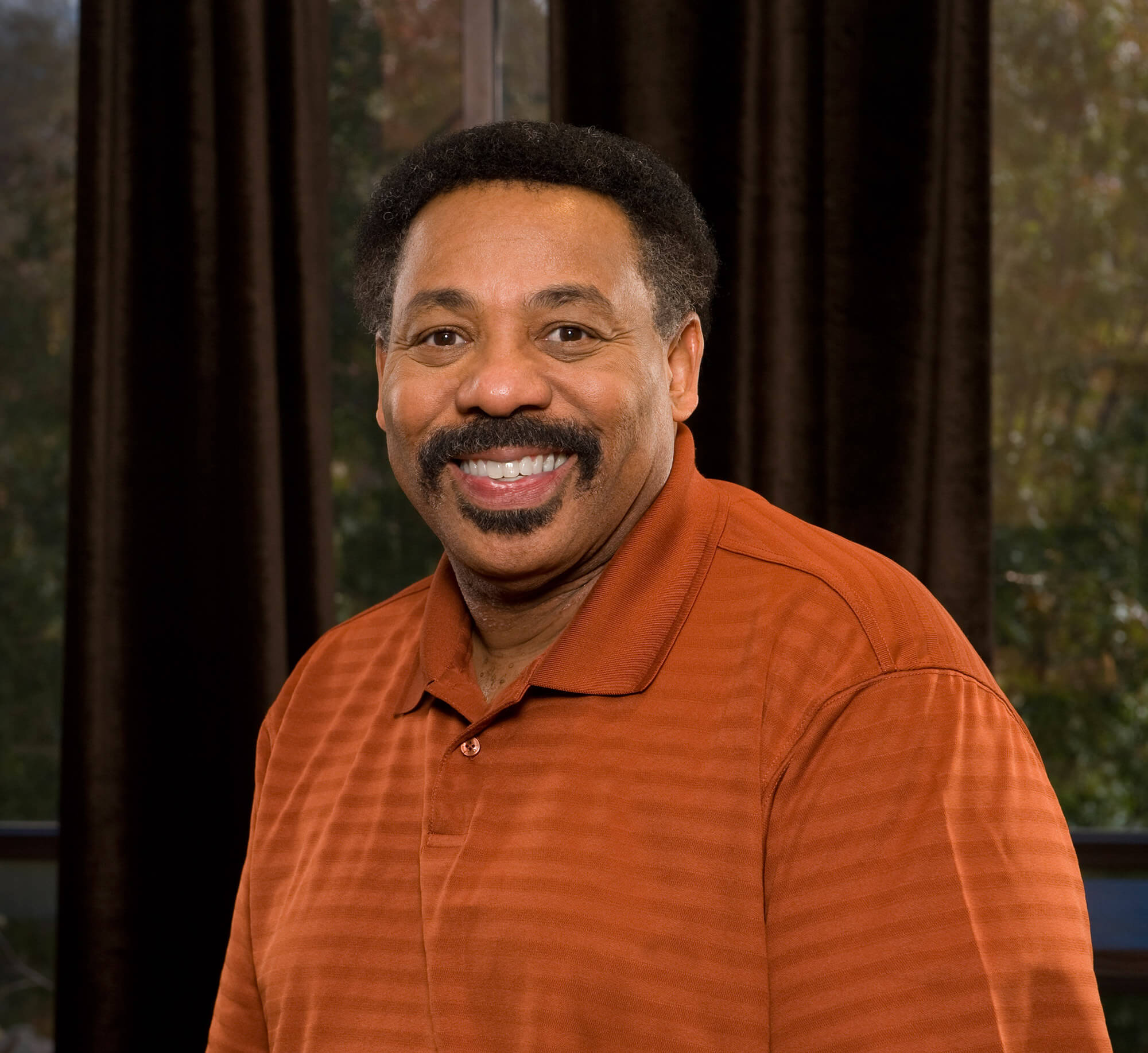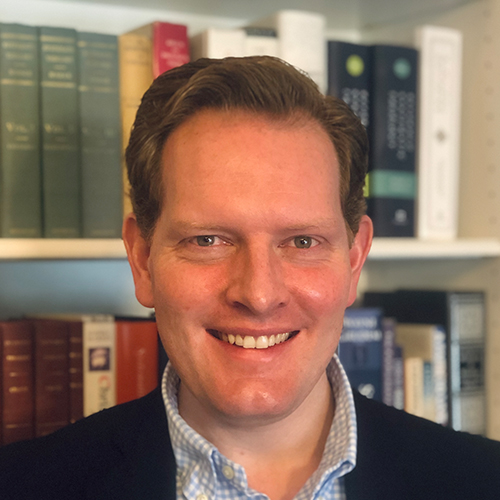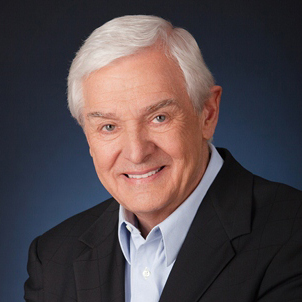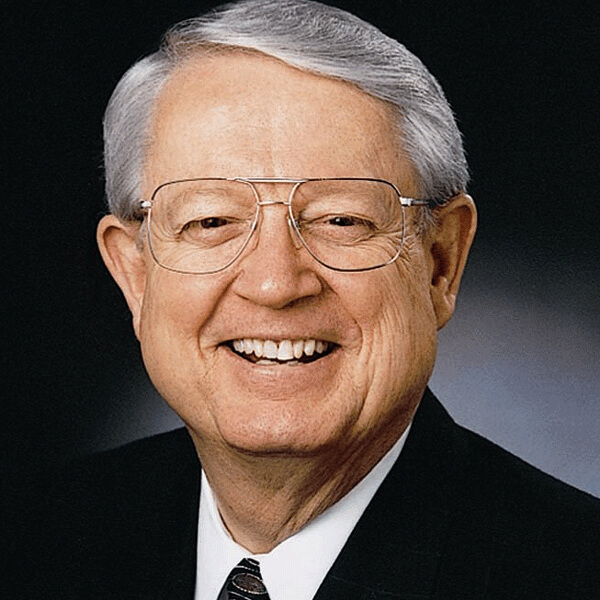An opinion writer for the New York Times thinks if you believe in God then you have a problem.
In a piece entitled “The God Problem” a professor of philosophy from San Diego State offers up a dictionary version of God and then proceeds to do what philosophers throughout the ages have done in tearing down God. Professor Peter Atterton suggests that God cannot be simultaneously all knowing, all powerful, and all good, because the world is full of evidence of evil. He asserts that we clearly know more than God about some things – at least when it comes to being human. There are, of course, arguments which demolish each point this philosopher proposes, but his position is presented as if it is unassailable.
Let me simply begin by saying, the dictionary is the wrong resource to which to turn in your quest to know God. Second, there’s a humility required in approaching God and the things of God which is lacking in the writer of the New York Times opinion piece. But let’s look at just one of his arguments to illustrate the need for Christians to be thinking and engaging the intellectual elites of this present age.
Professor Peter Atterton concludes that God cannot be God in part because an all knowing God would know what it’s like to be human.
“God doesn’t know what it is like to be human. In that case He doesn’t know what we know. But if God doesn’t know what we know, God is not all knowing, and the concept of God is contradictory. God cannot be both omniscient and morally perfect. Hence, God could not exist.”
He then quickly adds, parenthetically,
“(I shall here ignore the argument that God knows what it is like to be human through Christ, because the doctrine of the Incarnation presents us with its own formidable difficulties…)”
Therein lies the rub.
If by your own arrogance you deny the historicity of Jesus, if you rub out the revelation of God through the incarnation of Jesus Christ, you have rubbed out – in so far as it is possible – God. Here the Christian will bear witness to the historical Jesus – from the Bible and from numerous extra-biblical sources from the time.
I like what Frances Schaeffer said a generation ago in The God Who is There and I like what D.A. Carson says in his more recent book by the same title:
““My existence is dependent, finally, on Him; His existence is self-existence. God has no cause; He just is. He always has been. By contrast, everything else in the universe began somewhere, whether in a big bang or in human conception–somewhere. God made it all. That means that everything in the universe apart from God is finally dependent upon God.”
This is the very-present reality of God the philosopher misses. In my conversation with Ben Johnson on Mornings with Carmen, we plumb the depths of this issue.
To our conversation, I would add: It is important to consider what God has said in Romans 1 about the kind of unbelief we see in the opinion piece. This should be a matter of prayer and intercession for each of us as we meet people in the world who so utterly suppress the truth.
The Christian will call to mind passages of Scripture which remind us that the wisdom of God is utter foolishness to the world.
“For the foolishness of God is wiser than human wisdom, and the weakness of God is stronger than human strength.” 1 Corinthians 1:25
“The person without the Spirit does not accept the things that come from the Spirit of God but considers them foolishness, and cannot understand them because they are discerned only through the Spirit.” 1 Corinthians 2:14
“For the wisdom of this world is foolishness in God’s sight.” 1 Corinthians 3:19
And the Christian will follow the mandate and example of the apostle Paul who says in 2 Corinthians 10:5,
“We demolish arguments and every pretension that sets itself up against the knowledge of God, and we take captive every thought to make it obedient to Christ.”











